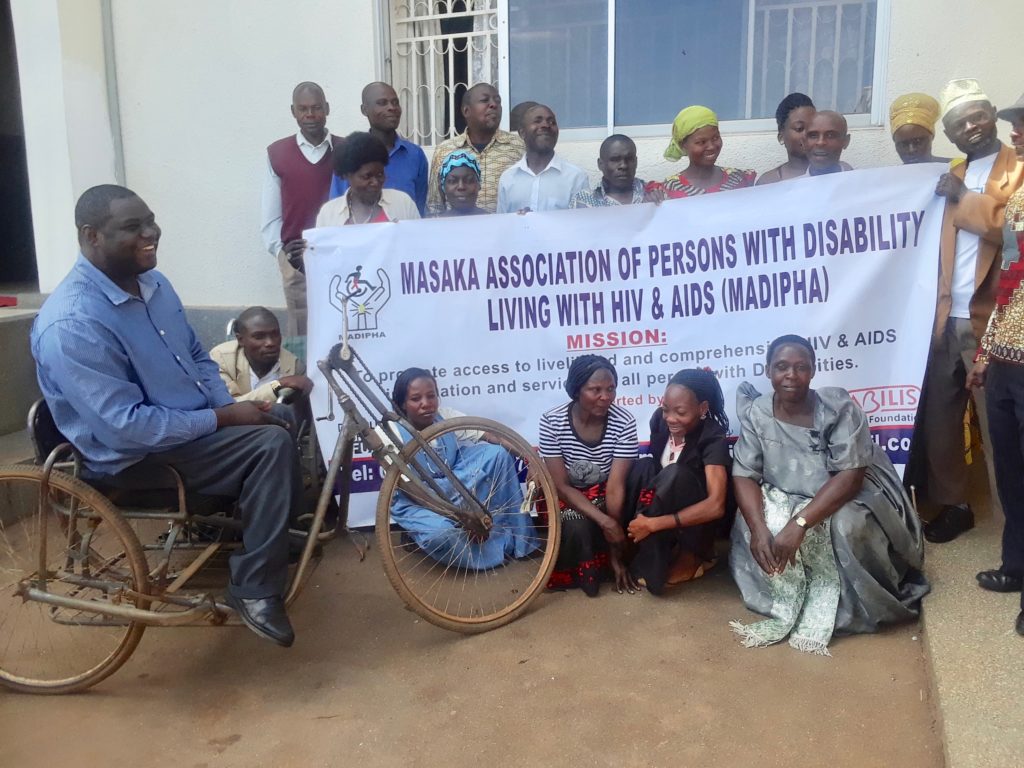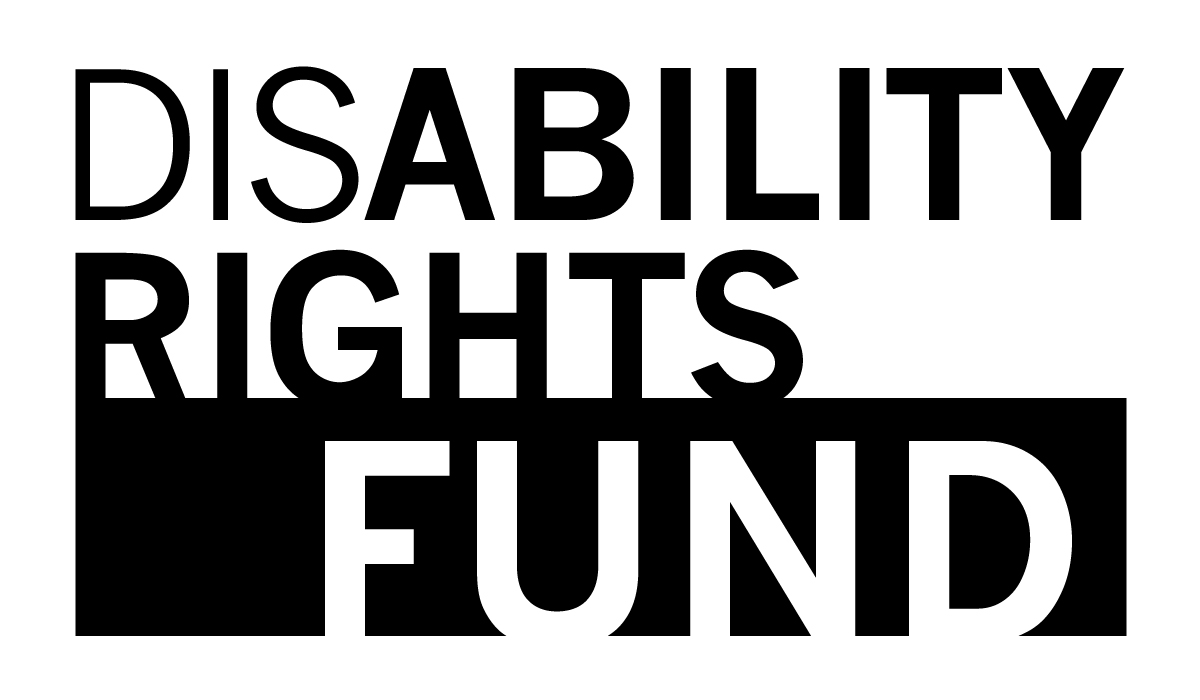
Michael Miiro has dedicated his life to empowering people whose voices are not heard and whose rights are ignored – the most marginalized people in society. Michael knows what a life full of barriers and discrimination is like. He was only a toddler when he was struck with polio and left with a lifelong physical disability. As he grew up, he saw that people with disabilities were struggling to lead fulfilling lives, and vowed to change this for himself and others.
I decided I would live a different life — a life full of hope.
Michael is now Technical Advisor for Masaka Association of Persons with Disabilities Living with HIV & AIDS (MADIPHA). Their mission is to promote access to livelihoods and provide comprehensive HIV/AIDS information to all persons with disabilities in the greater Masaka region, located in Central Uganda. “I saw that these people were being forgotten,” Michael explains. “And I really felt like I had to do something about it.”
MADIPHA has played a critical role in raising awareness and providing support for persons with disabilities living with HIV/AIDS and their families. Persons with disabilities are often not considered in the design and implementation of HIV/AIDS programs, despite the active disability rights movement in Uganda and explicit government protections against discrimination.
Persons with disabilities living with HIV/AIDS endure all the stigma associated with HIV/AIDS, while also facing additional barriers and stigma about their impairments. There are harmful myths regarding disability and HIV/AIDS, such as “virgin cleansing,” a belief that having sexual intercourse with a person with a disability cures HIV/AIDS. Because women with disabilities are presumed to be virgins, they face particularly high rates of sexual abuse under this myth.
MADIPHA is the first and only organization founded and led by persons with disabilities living with HIV/AIDS in Uganda. It started as a small, district-based community organization and is now able to reach communities in six districts. MADIPHA’s main activities involve providing information about HIV and AIDS through advocacy, training, community dialogues, education, livelihood support, and the formation of support peer-to-peer groups.
Supported by a grant from the Disability Rights Fund’s Uganda Capacity Fund, MADIPHA is actively working to strengthen their capacity so that they have a strong foundation from which to carry out more effective rights advocacy. In 2017, Michael participated in the Columbia University’s Human Rights Advocates Program where he learned leadership skills that he’s now using to fight stigma and discrimination against persons with disabilities living with HIV/AIDS.
MADIPHA continues to make tremendous breakthroughs in engaging mainstream national HIV/AIDS actors, like the Uganda Human Rights Commission, to be more inclusive of persons with disabilities living with HIV/AIDS.
Ultimately, Michael and his colleagues hope to ensure that the unique needs of persons with disabilities are taken into account in all HIV/AIDS programs in Uganda, and that these programs and services will be accessible to all. He says, “I want MADIPHA to grow to have branches in all districts of Uganda, especially where HIV/AIDS prevalence is high and there are few or no people doing this work there.”
Interview and story by Sofia Jamall
Resource:
